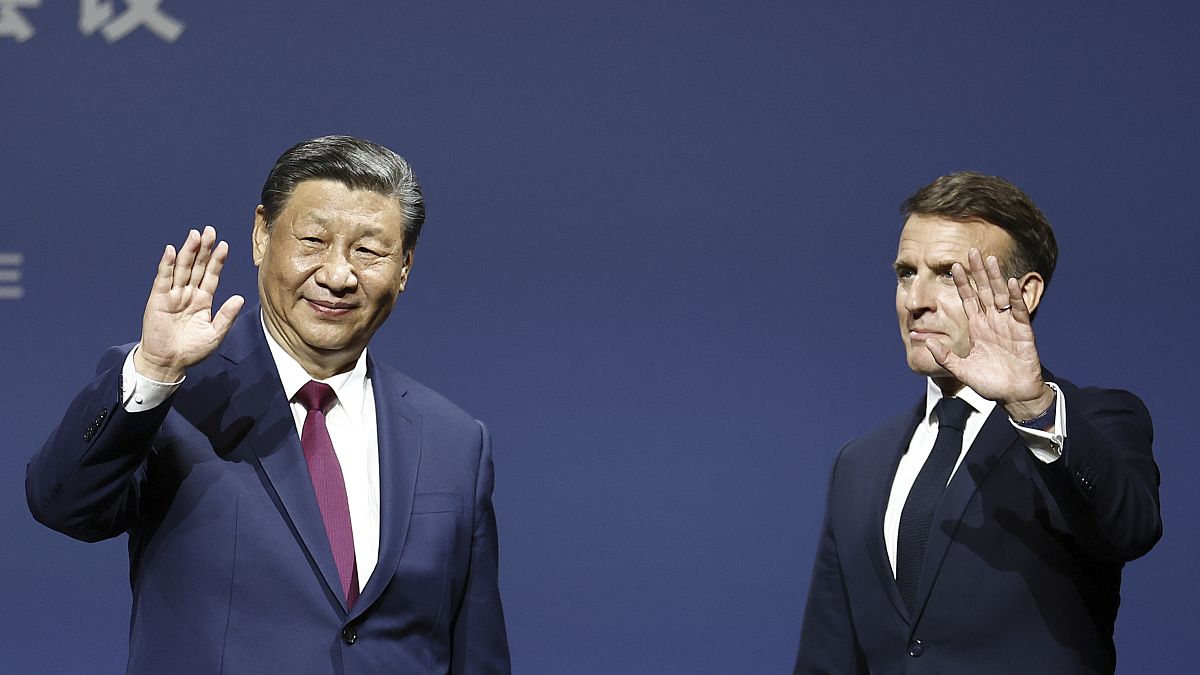The recent talks between Chinese President Xi Jinping and French President Emmanuel Macron focused heavily on trade issues, with Macron expressing concerns about China’s trade practices such as protections and subsidies that he believes harm European industries. Macron specifically mentioned China’s anti-dumping investigation into cognac and other European brandy, as well as tensions over French cosmetics and other sectors. Despite this, Macron welcomed Xi’s willingness to consider provisional measures against French cognac and China’s commitment to refrain from selling arms or aid to Moscow.
President Xi Jinping used the opportunity to express China’s desire to work with France towards a global “cessation of war” during the upcoming Paris Olympics. Xi emphasized China’s role in promoting peace in the war in Ukraine and called for an Olympic truce for all theatres of war. He assured that China is willing to collaborate with France to advocate for a global ceasefire and cessation of war during the Olympic Games. Both leaders echoed each other’s sentiments regarding the importance of peace in the current global climate.
However, the issue of China’s neutrality in the Ukraine conflict was raised during the talks, with Chinese and Russian governments declaring a “no limits friendship” prior to Russia’s invasion. US intelligence officials have also alleged that China supplied Russia with components and materials necessary to sustain its defence industry. This has raised concerns in the international community about China’s involvement in the conflict and its impact on global stability.
EU Commission president Ursula von der Leyen also participated in the discussions, issuing a warning to President Xi Jinping regarding the EU’s stance on China’s heavily subsidized manufacturing sector and unfair trade practices. Von der Leyen emphasized the need for reciprocal access to each other’s markets for trade to be fair. This signals a potential shift towards a more aggressive stance by the EU in trade negotiations with China, hinting at the possibility of a trade war if necessary measures are not taken to address the existing trade imbalances between the two regions.
The talks in Paris highlighted the growing tensions between China and the EU, as well as the broader implications of China’s trade practices on the global economy. With both Macron and von der Leyen expressing concerns about unfair trade practices and the need for reciprocity in market access, it is evident that the EU is gearing up for a more assertive approach towards China. The involvement of the US and Russia in the discussions also underscores the complex geopolitical dynamics at play in the current global landscape.
In conclusion, the recent discussions between Chinese President Xi Jinping, French President Emmanuel Macron, and EU Commission president Ursula von der Leyen shed light on the pressing trade issues between China and the EU. While the talks focused on addressing concerns about China’s trade practices and its involvement in global conflicts, they also highlighted the need for a more equitable and reciprocal trade relationship between the two regions. The statements made by the leaders in Paris signal a potential shift towards a more confrontational approach by the EU in its dealings with China, raising the specter of a possible trade war if necessary measures are not taken to address the existing trade disparities.









